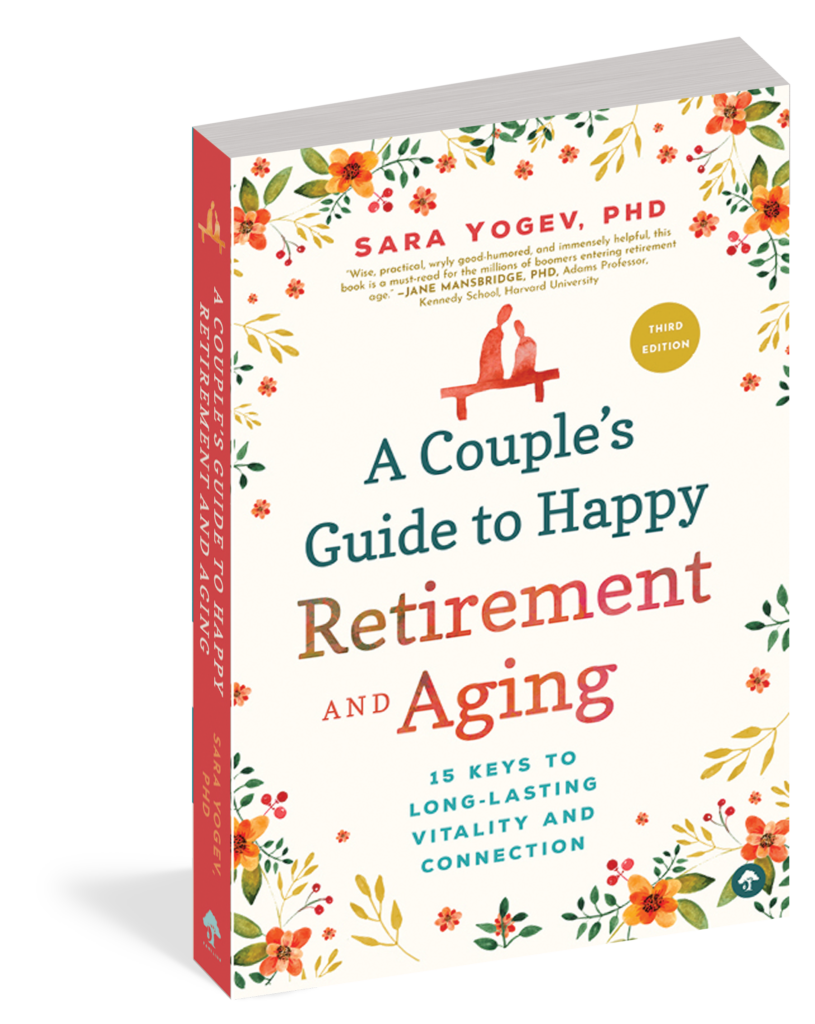
10 Biggest Relationship Challenges That Couples Face
On your relationship journey, identify and prevent these ten most common relationship challenges to avoid the potholes and safely reach your destination: a happy family.
Staying in love for the long haul can be a scary proposition because the road is often riddled with potholes. But if you’re aware of what lies ahead, you’ll have a better chance of successfully avoiding them and reaching your destination.
Here we’ll discuss the most common relationship challenges and give you the tools you need to identify and proactively prevent them on your beautiful, pothole-ridden road to a happy family.
The Biggest Relationship Challenges
Relationship challenges look different for every couple, but the root cause is often the same. Some of the most common challenges will probably sound familiar to you:
1. Ineffective Communication
Effective communication is crucial in any relationship. Misunderstandings, lack of communication, or poor communication skills easily lead to conflicts and are often difficult to resolve. This is because usually one or both parties are unable to resolve their ineffective communication.
2. Trust and Infidelity
Building and maintaining trust is the foundation of any successful relationship. Infidelity or breaches of trust can cause significant strain on a relationship.
3. Financial Stress
As much as we wish it weren’t true, the world revolves around money. It’s how individuals survive, and it’s even more crucial to families that are just starting. Disagreements over money, financial instability, or differing financial priorities can create tension between partners.
4. Intimacy and Sexuality
Many relationships begin with attraction. Changes in sexual dynamics, differing levels of desire, or intimacy issues can be challenging for couples.
5. Parenting Differences
Maintaining a single relationship between a couple is hard enough, but adding children to the mix makes everything much more complicated. Imagine building and maintaining not just one bond but five! Raising children together may bring about differences in parenting styles, priorities, and future goals, which can all lead to conflicts.
6. Work-Life Balance
Relationships need constant work, but living also requires work—the literal kind. Balancing career demands with personal and relationship needs can be challenging and may lead to feelings of neglect or frustration.
7. Cultural and Religious Differences
A diverse family can make for an amazing, one-of-a-kind family culture. However, couples with diverse cultural or religious backgrounds may face challenges in understanding and respecting each other’s beliefs.
8. Individual Growth and Development
Even after you become a family, personal growth remains an important part of your life. And changes in individual goals can impact a relationship, making it difficult to balance personal development with the needs of the partnership.
9. Health Issues
Compared to the age of the universe, our lives are regrettably short. And health issues that threaten that time or change our relationships often exacerbate stress and worry and emphasize our shortcomings. Physical or mental health challenges can affect both partners and require understanding, support, and adaptation.
10. External Influences
Once you begin a relationship, you create your own internal ecosystem. But that doesn’t mean that outside pressures can’t influence you. Pressure from family, friends, or societal expectations can cause unwanted stress in your relationship.
How to Proactively Prevent Relationship Challenges
Just as there are a handful of common relationship challenges, there are also a handful of common preventative measures. No matter your relationship’s unique challenge, these measures will help you proactively avoid any potholes before they even enter your field of vision.
Practice Open Communication
Throughout history, the best successes were made through failures. No matter how untimely or seemingly ineffective, don’t be afraid to share your feelings, concerns, and expectations. Only by recognizing your poor communication and actively working to fix it can you improve. And the best place to start is creating a safe space for sharing thoughts and emotions.
Build Trust
Trust is the foundation of a strong relationship, and it’s built over time. It can take a long time to build, but only a second to break. So continually work to be reliable, keep promises, and demonstrate consistency in your actions. Address and resolve any issues that may compromise trust early on.
Set Clear Expectations
Rather than letting life and your relationship lead you, clearly communicate expectations early on. Discuss all the various aspects of your relationship, such as finances, career goals, and future plans. Align your relationship on your values and long-term objectives, compromising where you need and are willing to.
Spend Quality Time Together
Make time for each other regularly. Although you have a lot to worry about outside of your relationship, your partner should know that they are important without having to ask. Quality time, at whatever frequency works best for you, helps maintain emotional connection and intimacy. Use this time together to engage in activities that you both enjoy and that strengthen your bond.
Work on Conflict Resolution
Disagreements are inevitable, but your relationship challenges won’t become a stumbling block if you approach them constructively. Develop effective conflict resolution skills, such as active listening, compromising, and finding common ground.
Plan Financially
Since families end up making and spending money together, it’s important to include your partner in planning. Discuss financial goals and create a plan for managing finances together. Be transparent about income, expenses, and savings. Regularly review and adjust your financial plan so as to avoid future relationship challenges.
Couples Counseling
Consider seeking professional guidance even when things are going well. Couples counseling can provide tools and strategies for effective communication, conflict resolution, and overall relationship enhancement.
Prioritize Intimacy
To avoid feeling as though you’ve grown apart or have become less attractive, prioritize physical and emotional closeness. Keep the spark alive through affection, compliments, and shared moments.
Respect Individual Growth
Although a relationship is a shared journey, it’s a journey where you love each other while you grow both together and separately. Support each other’s personal growth and development. Encourage pursuing individual goals while finding ways to align them with the overall relationship.
Regular Relationship Check-Ins
Recently, there was a couple on TikTok who decided to share their “2023 Marriage Wrapped.” This was a slideshow summary and assessment of their marriage throughout that year. Although somewhat joking, this is a great, lighthearted way to maintain a healthy relationship. Looking at both the past and the future, it allows you to assess what’s working well and what areas need improvement. This proactive approach helps address issues before they become major relationship challenges. (And you don’t need to make a slideshow to do it.)
Overcome Your Relationship Challenges with These Books

The Two-Minute Secret to Staying in Love

The 8 Myths of Marriaging

A Couple’s Guide to Happy Retirement and Aging
Shaelyn Topolovec earned a BA in editing and publishing from BYU, worked on several online publications, and joined the Familius family. Shae is currently an editor and copywriter who lives in California’s Central Valley.
